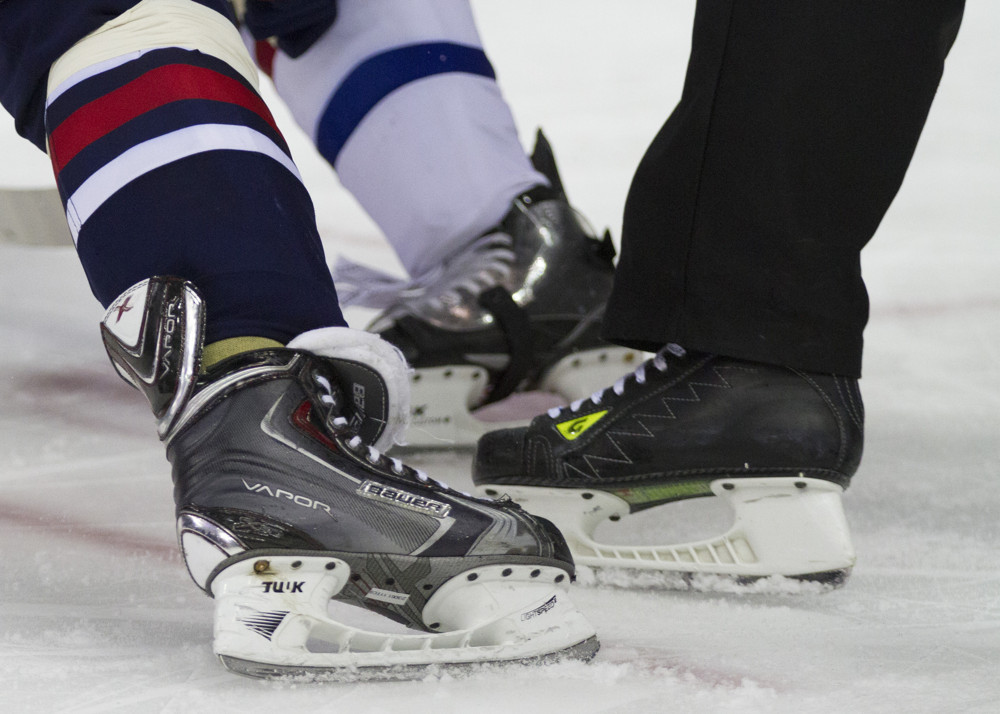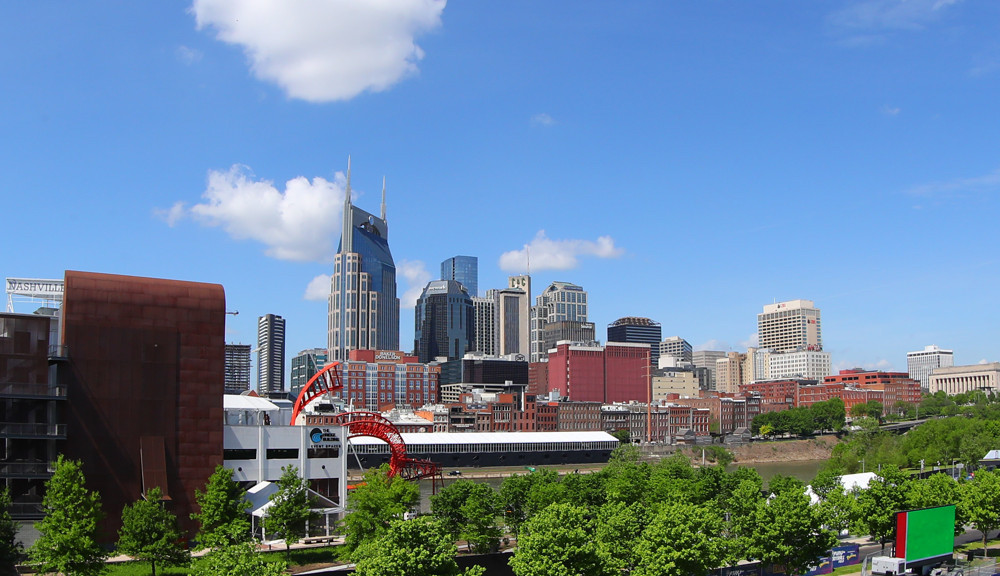Last week we looked at two men who are leading negotiations for each side for the NHL Collective Bargaining Agreement (CBA). Now that we know who is leading the charge we figured that we would take a look back at the last few CBAs showing who gave up what.
The last thee NHL CBAs included a work stoppage of some sort. It all started in 1992 when the players decided to go on strike. This marked the first, and only, time that the NHLPA initiated a strike against the owners. The ’91-’92 season started without a CBA in place as the previous one expired before the season started. The strike began on April 1, 1992 and lasted 10 (ten) days before an agreement was reached with no games lost. One of the main points that they could not come to an agreement on was how the revenues from trading cards would be split. In the end the players managed to get a deal that saw an increase in playoff bonuses, an increase to an 84 game season, more control over the licensing of their likeness, and some changes to the free agency system. The players conceded on the length of the agreement with it only being a two-year deal, which brought fear that the owners would lock the players out after the next season.
Those fears came to fruition two years later. The ’92-’93 season was played without a CBA in place and the owners, led by Gary Bettman, were not willing to start the ’94-’95 season without one. This time around the main issue was implementing a salary cap, free agency and how to help small-market teams. The players objected to the thought of a salary cap and were in favor of revenue sharing while the owners were fighting for a cap and wanted revenue to be linked to salaries to help the weaker teams. The lockout lasted from October 1, 1994 to January 11, 1995 with a loss of 468 games, or 36 games for each team, and the All-Star game. In the end the players partially got their way with only a rookie salary cap being implemented. Other issues addressed in the new CBA were the season was moved to an 82 game season from 84 and free agency was adjusted in a way to slow down the escalating salaries. The original deal was for six seasons, to 1998, but was extended to last until September 2004.
When negotiations began after the previous CBA expired both sides were far apart on many key points. Once again the owners were looking for salaries to be linked to league revenues, which the players were against because they saw it as being a form of a salary cap. The players were locked out on September 16, 2004, and though there were many last minute meetings in an effort to save even a portion of the season the entire season was lost, which marked the first time since 1919 that the Stanley Cup was not rewarded and the first time that an entire professional league season was lost due to a labor dispute. Eventually it was a marathon negotiation session that finally ended the lockout, which was announced on July 22, 2005. In the resolution the players conceded to a salary cap and agreed to a 24-percen rollback on all existing contracts, while the owners gave in on revenue sharing to help the smaller-market teams with the players receiving anywhere between 54 to 57 percent according to league revenues. The length of the CBA was six seasons with the players union having the option to open up negotiations after the fourth season (’08-’09 season) and an option to extend through the ’11-’12 season.
This is now where we stand, the current CBA will expire on September 15, 2012. If a deal is not reached it is very unlikely that the owners will allow for the season to begin in fear that the players will eventually go on strike closer to the end of the season in order to put pressure on owners. I know that fans want for the season to get started ON TIME but it appears that we may be heading towards another lockout, lets all just hope it is shorter than the ’94-’95 lockout.
– Michael Reed – Learn More About Michael
Source: http://www.cbc.ca/sports/


